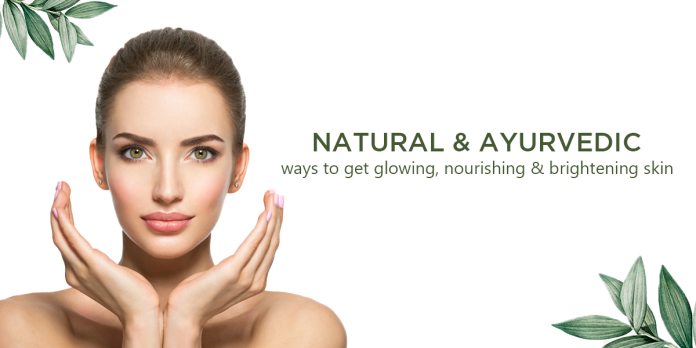Estimated reading time: 0 minutes
Vesiculobullous diseases comprise a diverse spectrum of disorders characterized by the formation of blisters on the skin and mucous membranes. Conditions such as Pemphigus Vulgaris, Bullous Pemphigoid, and Dermatitis Herpetiformis present formidable challenges due to their chronic nature and the significant impact they have on the quality of life of affected individuals. Ayurveda, with its holistic approach to health, offers personalized treatments that address not only the physical symptoms but also the underlying imbalances contributing to the disease. Tailoring Ayurvedic treatments to suit the unique characteristics of individual cases is imperative for the effective management of vesiculobullous diseases.
Comprehending the Distinct Constitution and Current Imbalance of the Patient
1. Prakriti (Constitutional Type): Ayurveda places significant emphasis on understanding an individual’s Prakriti or constitutional type, which can manifest as Vata, Pitta, Kapha, or a combination thereof. This understanding influences the individual’s susceptibility to specific conditions and guides the selection of appropriate treatments.
2. Vikriti (Current Imbalance): Equally crucial is an assessment of the patient’s current state of imbalance or Vikriti. For instance, if a patient exhibits a predominant Pitta imbalance, therapeutic measures that provide cooling effects and reduce inflammation are recommended.
Personalized Dietary Guidance
Diet assumes a pivotal role in managing vesiculobullous diseases according to Ayurveda. Dietary recommendations are customized based on the patient’s doshic imbalances, with a focus on:
– Pitta-Pacifying Foods: These are advocated to alleviate inflammation in individuals with a Pitta imbalance.
– Vata-Balancing Foods: In cases of elevated Vata, a diet that nourishes and hydrates the skin is prescribed.
– Kapha-Reducing Foods: When Kapha aggravation is observed, it becomes essential to steer clear of foods that contribute to dampness and heaviness.
Tailored Herbal Formulations
Ayurveda offers an extensive array of herbs, each possessing specific properties beneficial for skin health and immune modulation. Customized herbal formulations are prepared in accordance with the patient’s unique requirements. This includes:
– Detoxifying Herbs: Notable examples include Neem (Azadirachta indica) and Manjistha (Rubia cordifolia), both renowned for their blood-purifying effects.
– Cooling Herbs: Utilizing herbs like Sandalwood (Santalum album) and Guduchi (Tinospora cordifolia) to pacify Pitta dosha and mitigate inflammation.
– Immunomodulatory Herbs: Ashwagandha (Withania somnifera) and Turmeric (Curcuma longa) are employed to regulate the immune response.
Lifestyle and Stress Management
Customized lifestyle modifications are recommended to complement the treatment process. This may encompass:
– Yoga and Meditation Practices: Tailored yoga asanas and meditation techniques are suggested to mitigate stress and enhance skin health.
– Daily Routines (Dinacharya): Establishing a daily routine that aligns with the patient’s doshic constitution plays a pivotal role in maintaining equilibrium and preventing flare-ups.
External Therapies
Ayurveda employs various external therapies tailored to the specific condition of the patient’s skin. These encompass:
– Oil Massage (Abhyanga): The application of medicated oils, chosen based on the individual’s doshic imbalances, to nourish and soothe the skin.
– Cooling Pastes and Packs: The use of herbal pastes possessing cooling properties to alleviate inflammation in affected areas.
Monitoring and Adjustments
Regular follow-up sessions are deemed essential to monitor the patient’s progress and introduce necessary modifications to the treatment plan. This dynamic approach ensures that the treatments remain aligned with the evolving needs of the individual.
Conclusion
The development of personalized Ayurvedic treatments for vesiculobullous diseases necessitates a comprehensive understanding of the patient’s unique constitutional makeup and the specific imbalances they present. By embracing a personalized approach that encompasses dietary guidance, herbal formulations, lifestyle adaptations, and stress management, Ayurveda offers a holistic path to the management of these intricate skin disorders. Collaborative care, involving both Ayurvedic practitioners and conventional dermatologists, holds the potential to optimize outcomes for individuals grappling with vesiculobullous diseases.
Related-
Know More About Ayurveda Treatment For skin Dermatology.
GET IN TOUCH


Recent comments